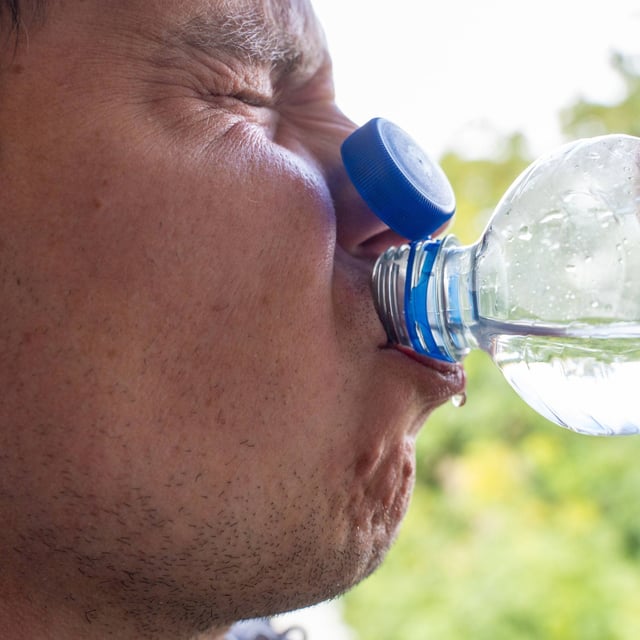Overview
- The review, published September 18 in the Journal of Hazardous Materials, synthesizes findings from 141 studies on human uptake of micro- and nanoplastics.
- Average ingestion is estimated at 39,000 to 52,000 particles per person per year, with bottled-water drinkers potentially consuming about 90,000 additional particles compared with tap-water users.
- Across the studies, plastic particle uptake was consistently associated with adverse outcomes including respiratory disease, reproductive problems and elevated cancer risk, though causality remains unproven.
- Lead author Sarah Sajedi advises that plastic-bottled water is acceptable in emergencies but should not be part of daily routines.
- The authors cite critical evidence gaps—particularly on single-use bottles—and Germany’s Federal Institute for Risk Assessment notes multiple exposure routes and widespread environmental contamination.

